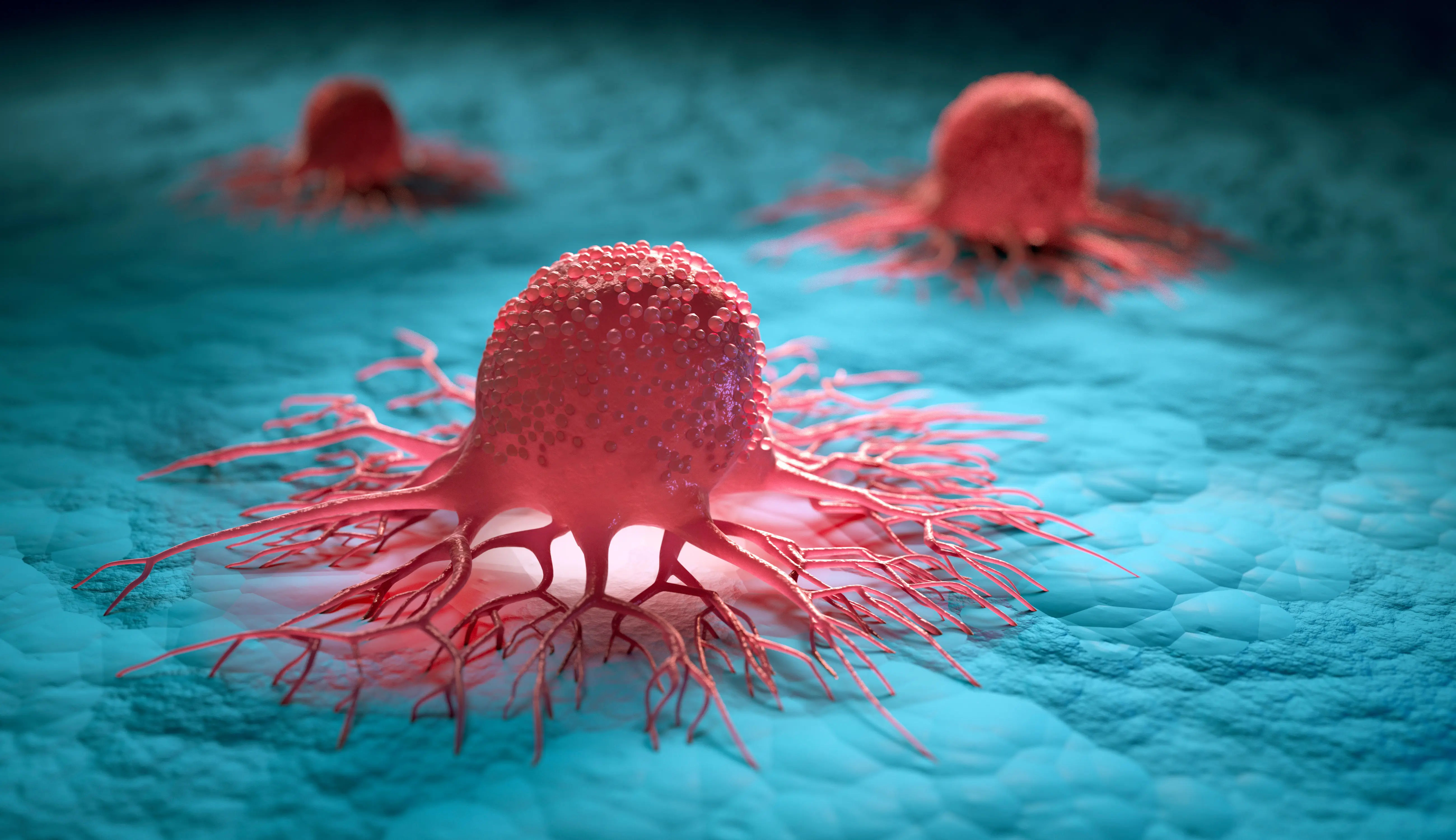Understanding Histopathology Tests and Techniques
Learn about histopathology tests and techniques, their role in diagnosing diseases, and how tissue examination helps in accurate medical evaluation and treatment planning.

Written by Dr. M L Ezhilarasan
Reviewed by Dr. Shaik Abdul Kalam MD (Physician)
Last updated on 1st Sep, 2025

When you visit a doctor with certain symptoms, they may recommend a histopathology test to understand what’s happening inside your body. This might sound like a complicated term, but it’s simply a way for doctors to examine tissues under a microscope to detect diseases like cancer, infections, or other abnormalities.
If you or a loved one has been advised to undergo a histopathology test, you may have questions about what it is, how it’s done, and why it’s necessary. This article will help you understand everything in simple terms.
What Is Histopathology?
Histopathology is the study of diseased tissues. A small sample of tissue (called a biopsy) is taken from your body and examined under a microscope by a specialist called a pathologist. This helps in diagnosing diseases accurately.
Why Is It Important?
- Helps detect cancer and determine its type and stage.
- Identifies infections, inflammation, or autoimmune diseases.
- Confirms whether a suspicious growth is benign (non-cancerous) or malignant (cancerous).
- Guides doctors in planning the best treatment.
Consult a Top Oncologist
Common Histopathology Tests and Techniques
Below are a few common histopathology tests and techniques,
1. Biopsy (Tissue Sample Collection)
A small piece of tissue is removed from the affected area (e.g., skin, liver, breast, or stomach) using:
- Needle biopsy (fine or core needle)
- Excisional biopsy (removing the entire lump)
- Endoscopic biopsy (using a thin tube with a camera)
The procedure is usually done under local anesthesia, so you won’t feel much pain.
2. Tissue Processing
Once the sample is taken, it goes through several steps:
- Fixation – Preserved in a special solution to prevent decay.
- Embedding – Placed in wax to make thin slices.
- Staining – Treated with dyes to highlight abnormal cells.
3. Microscopic Examination
A pathologist examines the stained tissue under a microscope to detect abnormalities.
4. Special Tests (If Needed)
- Immunohistochemistry (IHC) – Uses antibodies to identify specific proteins in cancer cells.
- Molecular Testing – Checks for genetic changes in diseases like cancer.
When Is a Histopathology Test Needed?
Your doctor may recommend this test if you have:
- A suspicious lump or tumor
- Persistent ulcers or skin changes
- Abnormal growths in organs (e.g., liver, kidney, breast)
- Unexplained inflammation or infection
- Need for cancer diagnosis and staging
Does It Hurt? What to Expect?
- Most biopsies are minimally invasive and done under local anesthesia.
- You might feel slight discomfort, but severe pain is rare.
- Recovery is quick, but you may need a small bandage.
How Long Do Results Take?
- Routine reports: 2-5 days
- Special tests (like IHC or genetic testing): 1-2 weeks
Tips for Patients Before & After the Test
Below are a few tips for patients before and after the test,
Before the Test:
- Inform your doctor about any medications or allergies.
- Follow fasting instructions if required.
- Stay relaxed; it’s a routine procedure.
After the Test:
- Keep the biopsy site clean and dry.
- Avoid heavy lifting if the biopsy was deep (e.g., liver or kidney).
- Watch for signs of infection (redness, swelling, fever).
Can Histopathology Detect Cancer Early?
Yes! Early detection through biopsy can help in:
- Starting treatment sooner.
- Improving recovery chances.
- Preventing disease progression.
When to Consult a Doctor?
If your report shows abnormal findings, your doctor will discuss the next steps, which may include:
- Further tests
- Surgery, chemotherapy, or radiation (if cancer is detected)
- Medications for infections or inflammation
How Can Apollo 24|7 Help?
If your doctor has recommended a histopathology test, you can:
- Book a consultation with a specialist.
- Schedule a biopsy at a trusted lab.
- Get your reports online for easy access.
Early diagnosis saves lives. If you have any concerns, don’t hesitate to reach out to a healthcare professional.
Final Thoughts
Histopathology tests play a crucial role in diagnosing diseases accurately. While the idea of a biopsy might seem scary, it’s a safe and essential step toward getting the right treatment. If you have any doubts, talk to your doctor—they’re there to guide you.
Consult a Top Oncologist

.webp)
